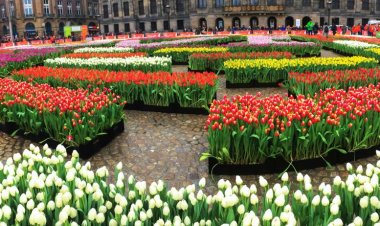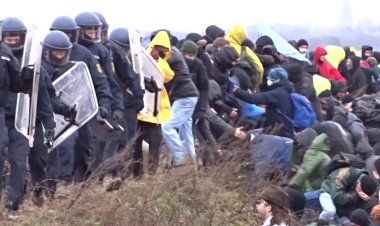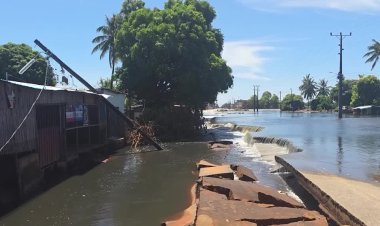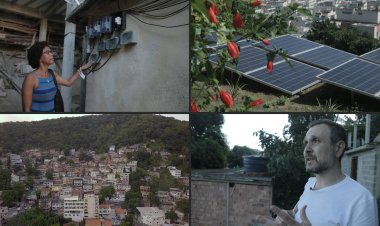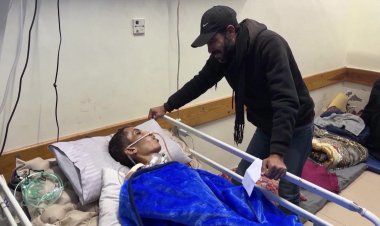Agricultural peoples of Venezuela survive among the waters
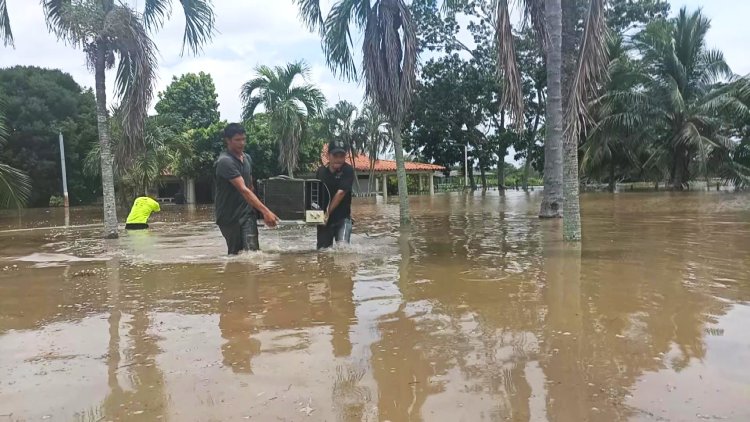
Water everywhere, villages flooded, crops lost: villages in the south of Lake Maracaibo, an agricultural region of Venezuela, survive devastating floods after heavy rains caused by the rise of a river that crosses it.
The retaining wall that surrounds the Zulia River, in this state of the same name on the border with Colombia, gave way last week and caused damage in several municipalities in the Sur del Lago, affecting more than 20,000 people. The water level reaches the middle of the house wall and the roads look like streams in towns like Catatumbo and La Fortuna.
The rainy season came a little earlier this year, and it has mainly hit Zulia, where photos of cattle with water up to their necks went viral; and to a lesser extent to the Andean states of Táchira, Mérida and Trujillo; and the capital Caracas.
President Nicolás Maduro decreed a state of emergency and ordered the activation of a care fund for those affected for 10 million bolívares (just over 2 million dollars), which will be "renewable."
But the situation goes beyond destroyed homes. More than 25,000 hectares producing meat, milk and bananas are flooded, according to the authorities.
The Society of Agricultural Engineers describes what is happening as "very serious" and is concerned about the forecasts of a 300% increase in rainfall.




